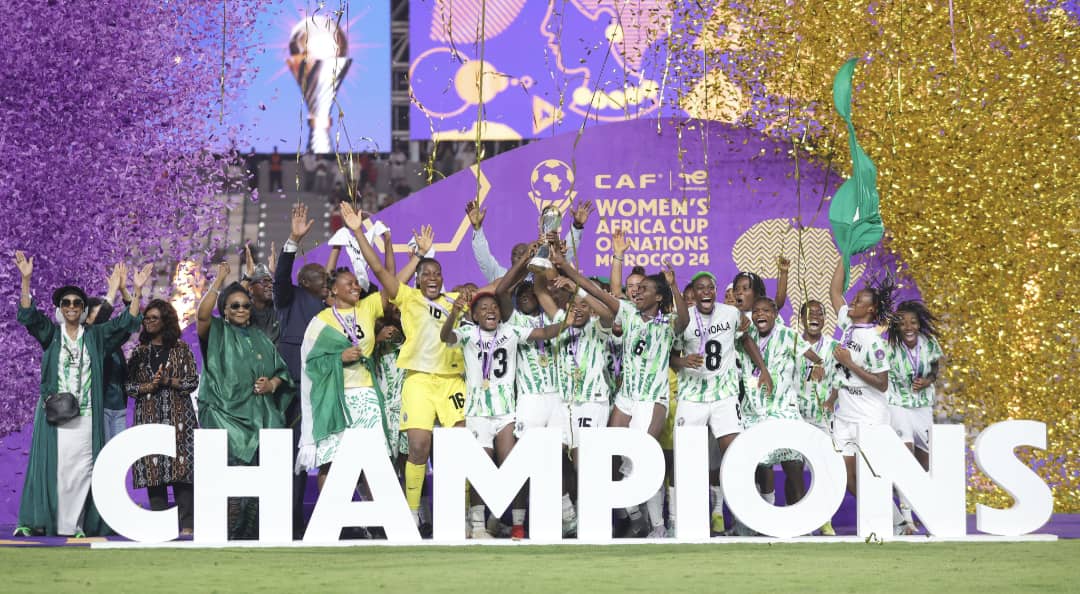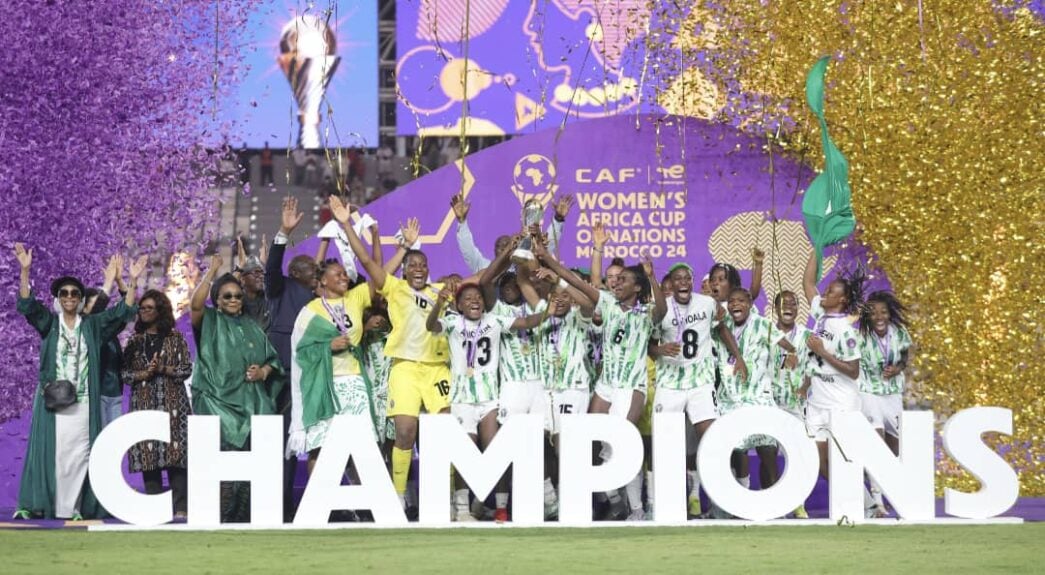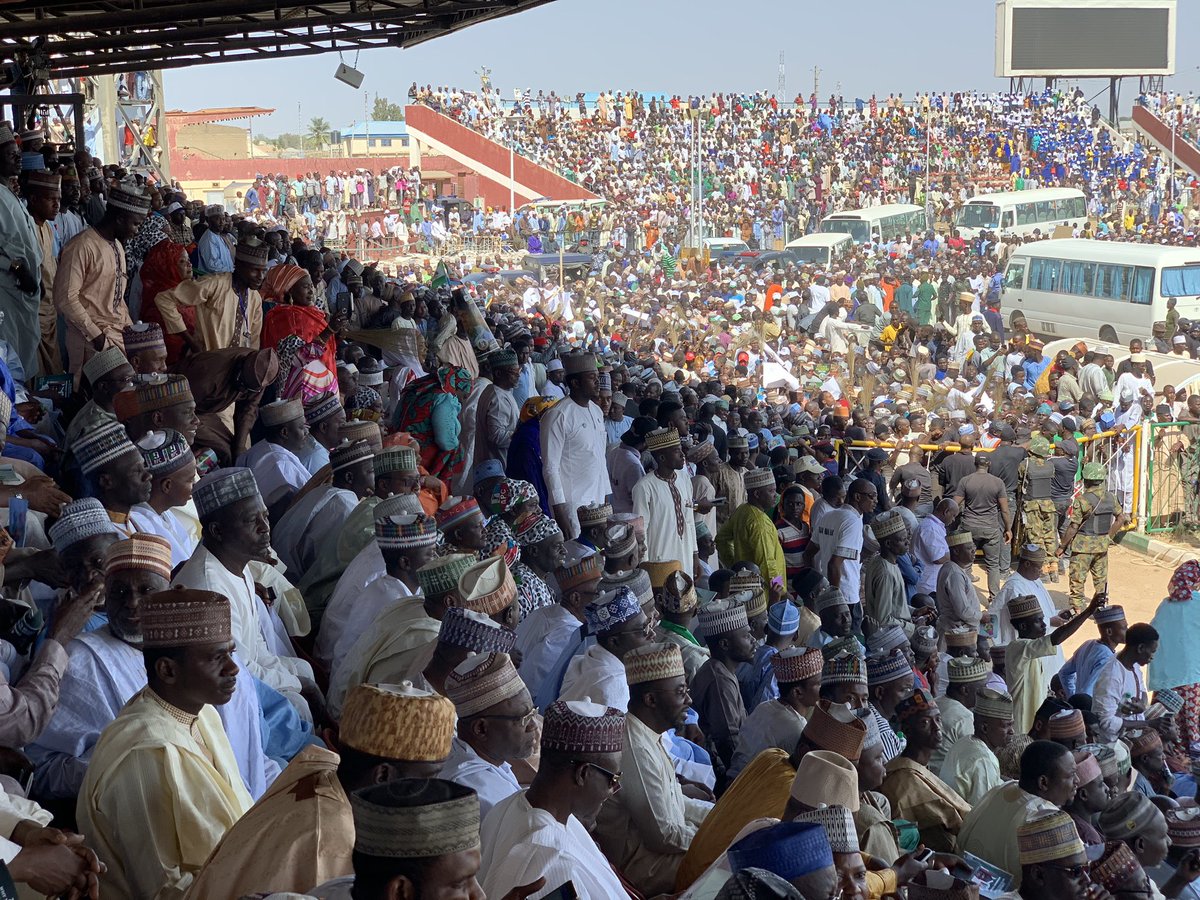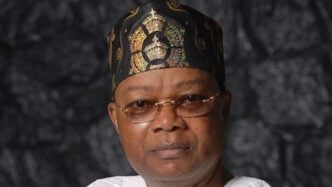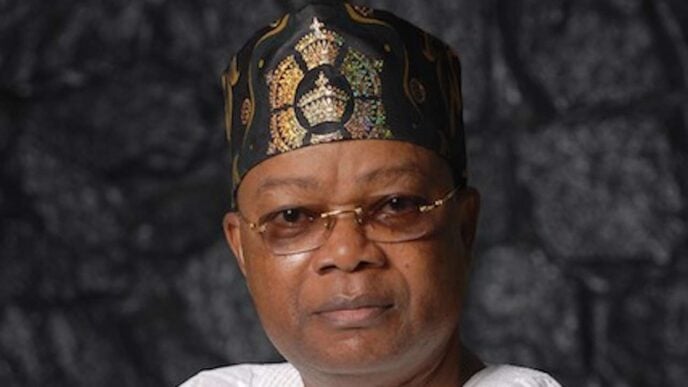Nigeria’s triumph at the 2024 Women’s Africa Cup of Nations (WAFCON) has once again showcased the indomitable spirit of our athletes—particularly the Super Falcons, who defied the odds to clinch their record 10th continental title. The nation rightly celebrates this historic feat, but beyond the fanfare, there is a pressing need for sober reflection and strategic rethinking of our overall football development architecture.
The Super Falcons’ victory was not just a product of superior tactics or technical edge—it was a hard-earned win rooted in sheer determination, grit, and national pride. Their resilience should serve as both inspiration and a warning: we cannot continue to depend solely on raw passion to succeed in global sports. Nigeria must now use this moment as a springboard to re-engineer its football system—across both men’s and women’s games.
One major gap in Nigeria’s football development is the technical exposure of our local coaches. While natural talent abounds, the game today is deeply scientific. Coaching is no longer just about motivation or on-the-spot tactics; it involves deep analysis, player psychology, set-piece drills, fitness science, and more.
At the post-match press conference, Super Falcons Coach Justin Madugu underscored this reality:
Advertisement
“We have the players. We have the passion. But what we need now is knowledge—especially for our coaches. Nigerian coaches need regular training and international exposure. Football is evolving every day, and if we don’t catch up tactically, determination alone will not be enough in future tournaments.”
He further stressed the importance of structured capacity building:
“I strongly advocate for more coaching seminars, exchange programmes, and access to modern training methods. We must begin to approach football development the way the top countries do—scientifically, deliberately, and consistently.”
Advertisement
Nigeria has long-standing diplomatic and sporting relationships with countries like the UK, Spain, Brazil, and the Netherlands. These connections must now be actively explored for football development—particularly for technical exchange programmes, football clinics, and grassroots competitions. Embassies, NGOs, and football federations abroad should be engaged to support developmental initiatives that can lift our young talents from dusty local pitches to world-class stadiums.
Football in Nigeria remains one of the most potent unifiers across ethnic, religious, and class lines. It is not just a game; it is a national passion. Yet, the structural limitations placed on the game by government over-involvement continue to stifle growth. Most of Nigeria’s football clubs are owned and controlled by state governments—a model that discourages innovation, professional management, and private investment.
It is time for the Nigerian government to loosen its grip. Private ownership of football clubs must be encouraged through clear policy incentives, and big sponsorship should be attracted by ensuring transparency, professionalism, and accountability in club management.
Faith-based organisations should also be encouraged to own and sponsor football clubs as part of their corporate social responsibility. These institutions—many of which enjoy tax exemptions—can play a significant role in nurturing young talent, promoting positive values, and creating jobs within their communities.
Advertisement
With over 70% of Nigeria’s population under the age of 30, football presents an enormous opportunity for national development. From employment generation and social cohesion to talent export and foreign exchange earnings, football can be a game-changer for Nigeria’s future. But that will only happen if we treat it as serious business—not just entertainment or political patronage.
To unlock this potential, the government and the private sector must invest in football academies, community leagues, and infrastructure. More importantly, policies must be put in place to make football a viable career path—not a desperate gamble.
The victory of the Super Falcons is a national achievement, but it must be more than a fleeting celebration. It should serve as a rallying call to reimagine Nigeria’s football future—where talent is nurtured systematically, opportunities are inclusive, and the beautiful game becomes a cornerstone of our national development strategy.
Only then can Nigeria truly dominate African football not just occasionally—but consistently, sustainably, and proudly.
Advertisement
Views expressed by contributors are strictly personal and not of TheCable.

